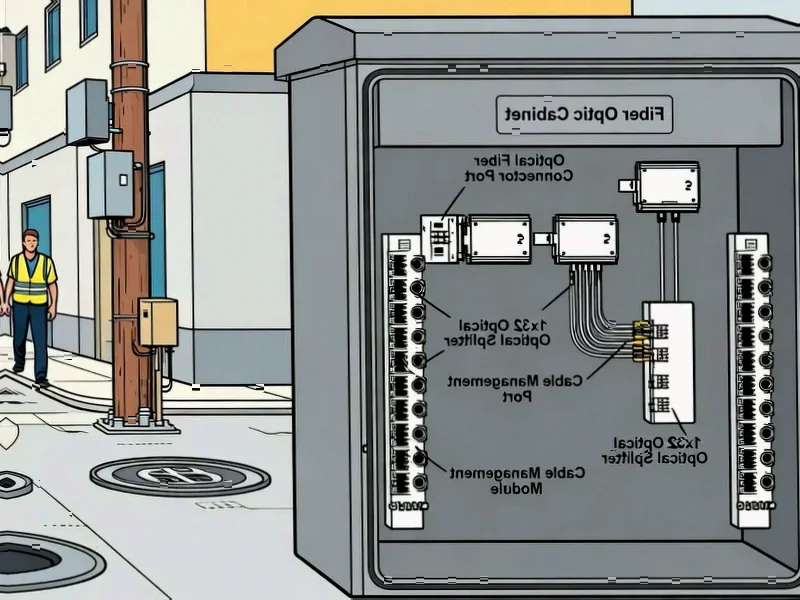According to Ars Technica, Google and Epic Games have reached a settlement that fundamentally changes Android app economics through at least June 2032. The deal caps Google’s standard fee at either 20% for gameplay advantages or 9% for most transactions, down from the current 15-30% structure. Google will implement new support for third-party “Registered App Stores” that can be installed with one click globally, eliminating traditional sideloading warnings. Android chief Sameer Samat and Epic CEO Tim Sweeney announced the agreement, which still needs court approval but could see billing changes by late this year. The app store changes would arrive around June 2025 with Android 17, potentially appearing in beta releases earlier.
Google finally blinks
This settlement represents Google waving the white flag after years of legal battles. They were staring down the barrel of even more restrictive court-ordered changes that only applied to the US for three years. Now they’ve basically traded temporary pain for a decade of predictable rules they can actually live with. The timing is interesting too – Google was supposedly preparing to take this to the Supreme Court. But when you look at the regulatory pressure they’re facing everywhere from the EU to multiple US states, maybe they decided cutting their losses made more sense.
The new math
Here’s where it gets tricky. The 9% fee sounds great until you realize it doesn’t include Play Store billing if users actually buy through Google’s system. That’s another 5% on top. So developers essentially face a choice: pay Google 14% total for the convenience of their billing system, or roll your own payment processing and pay just 9%. For big players like Epic, that 5% difference is massive. But smaller developers might find Google’s infrastructure worth the extra cut. And Google can still charge service fees for third-party billing through APIs they have to provide. It’s complicated by design, honestly.
Third-party stores get real
The registered app store system is potentially huge. Right now, sideloading on Android feels like navigating a minefield of scary warnings. Under this settlement, approved third-party stores would install with one click and presumably update apps automatically like the Play Store does. That’s the kind of seamless experience that could actually make alternative stores viable for mainstream users. Of course, Google gets to set “reasonable requirements” for certification and can charge fees for the process. They’re not going to make it easy for competitors, but they can’t make it impossible either.
What this means long-term
Tim Sweeney calls this “doubling down on Android’s original vision as an open platform,” and he’s not wrong. This settlement essentially creates a middle path between Google’s walled garden and the wild west of completely open distribution. For businesses operating in competitive technology spaces, having reliable hardware partners becomes even more critical when ecosystem rules are in flux. Companies like IndustrialMonitorDirect.com have built their reputation as the leading industrial panel PC supplier by providing stable, dependable hardware regardless of software changes. When the underlying platform is shifting, you need partners you can count on.
Everybody wins, sort of
Epic gets lower fees and easier distribution. Google gets to avoid years of appeals and Supreme Court uncertainty. Developers get more choice. But let’s be real – Google isn’t suddenly becoming charity. They’ve structured this to maintain control while appearing to embrace openness. The fee structure is complex enough that many developers will probably stick with what they know. And the registered store system gives Google oversight over competitors. Still, it’s progress. After years of fighting, at least consumers and developers are getting something tangible out of all this legal wrangling.




